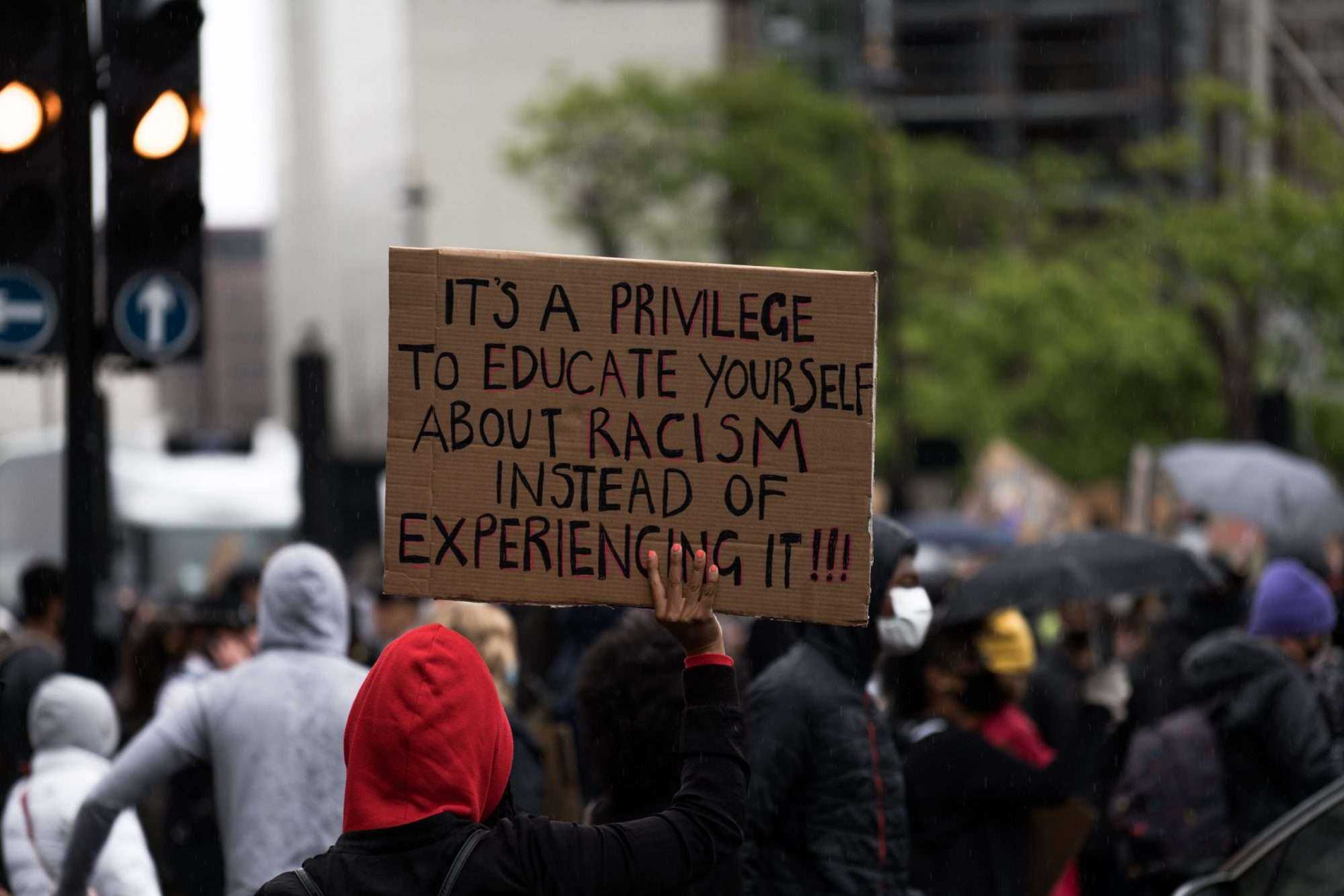BY PAUL JUNOR
On Monday, January 16th, 2023, People for Education released its latest report titled, “A progress report on anti-racism policy across Canada.” The report is based on a pan-Canadian scan of anti-racism policy and legislation. Relevant statistics were obtained from the 2021-22 Annual Ontario School Survey and the websites of Ontario’s 72 publicly funded school boards were scanned to obtain the findings. It summarizes the findings of the report in an article titled, “Inconsistent and under-resourced – the state of anti-racism strategies across Canada,” which revealed that there are gaps in implementation, particularly in Ontario schools.”
The article mentioned that it was in September 2021 that Ontario’s Deputy Minister presented to school boards that as of May 2022, they will be required to submit annual Board Improvement and Equity Plans (BIEPs), which contain relevant data. These include; demographic and outcomes data as well as equity-focused action plans. The onus was on boards to collate these student demographic data to accompany the BIEPs no later than September 2022. The article notes that BIEPs cannot be found on the Ontario’s Ministry of Education’s website and boards have until January 2023 to submit the race-based data.
The People of Education’s report mentioned some interesting facts such as:
- 64% of Ontario schools reported that their school boards collected race-based data and/or demographic student data, 29% were unsure and 7% did not collect race-based data
- 74% of school board websites mentioned racism in their equity and inclusion policies, 40% of publicly funded schools had anti-racism statement on their website, and 28% had an anti-racism strategy or approach available online
The report emphasizes the importance of collecting identity-based data. It notes that it yields valuable insights about how different groups experience the same: institutions, systems, and processes and compares outcomes of different groups. Furthermore, the report states that this evidence is critical in the process of advocating for marginalized and underserved groups, in addition to guiding improvement plans towards more equitable systems.
The are three recommendations that People for Education came up with such as:
- Name the problem
- Data collection is a good start but it’s only the start
- More involvement, especially from individuals and groups historically impacted by discrimination
On Tuesday, January 17th, 2023, the Elementary Teachers’ Federation of Ontario (ETFO) issued a press release in response to the report by People for Education. Karen Brown, President of ETFO states, ”Racism remains a reprehensible, persistent reality in every aspect of society, including our education system. Significantly more needs to be done by school boards and governments to address it; this requires: action, investments, and accountability.”
She is particularly concerned by the “inconsistencies” and “under-resourced” with respect to how it impacts BIPOC communities. She states further, “More needs to be done to address the disparities that exist in educational achievement for Black, Indigenous, and racialized students.”
President Brown believes that the Ford government is only paying lip service to the pursuit of anti-racism in schools. She notes, “We have not seen evidence of this commitment. Instead, we’ve witnessed: dereliction, minimal investment, a lack of oversight of school board’s anti-racism work, no direction on race-based data, and on-going underrepresentation of Black, Indigenous, and racialized educators and administrators.”
ETFO has a clear vision of what it conceives as an equitable public education system. The press release states, “For equity work to advance, school boards and governments must provide adequate funding. They must also acknowledge and dismantle the White supremacist structures that are embedded in: curriculum and instruction, assessment, discipline policies, and hiring, promotion and retention. These practices have deep historical, colonial roots that must be confronted, not shield away, because they make some people – those who hold power and privilege – uncomfortable.”

